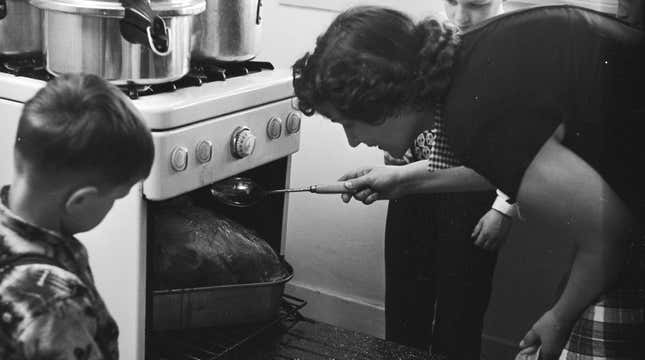Woman Receives $7,000 Compensation For Household Chores in Divorce Court Ruling
Latest

A Chinese woman was granted 50,000 yuan ($7,700) in compensation for household labor in a first of its kind divorce court ruling that has elicited a new sense of urgency in the covid-19 era.
NBC News reports that the landmark ruling was sparked by a new Civil Code instituted in China at the beginning of the year. The code states, “Where one spouse is burdened with additional duties for raising children, looking after the elderly or assisting the other spouse in his/her work, the said spouse has the right to request compensation upon divorce against the other party.”
Of course, these responsibilities are overwhelmingly allocated to women.
From NBC:
-

-

-

-

-

-

-

-

-

-

-

-

-

-

-

-

-

-

-

-

-

-

-

-

-

-

-

-

-

-

-

-

-

-

-

-

-

-

-

-








































